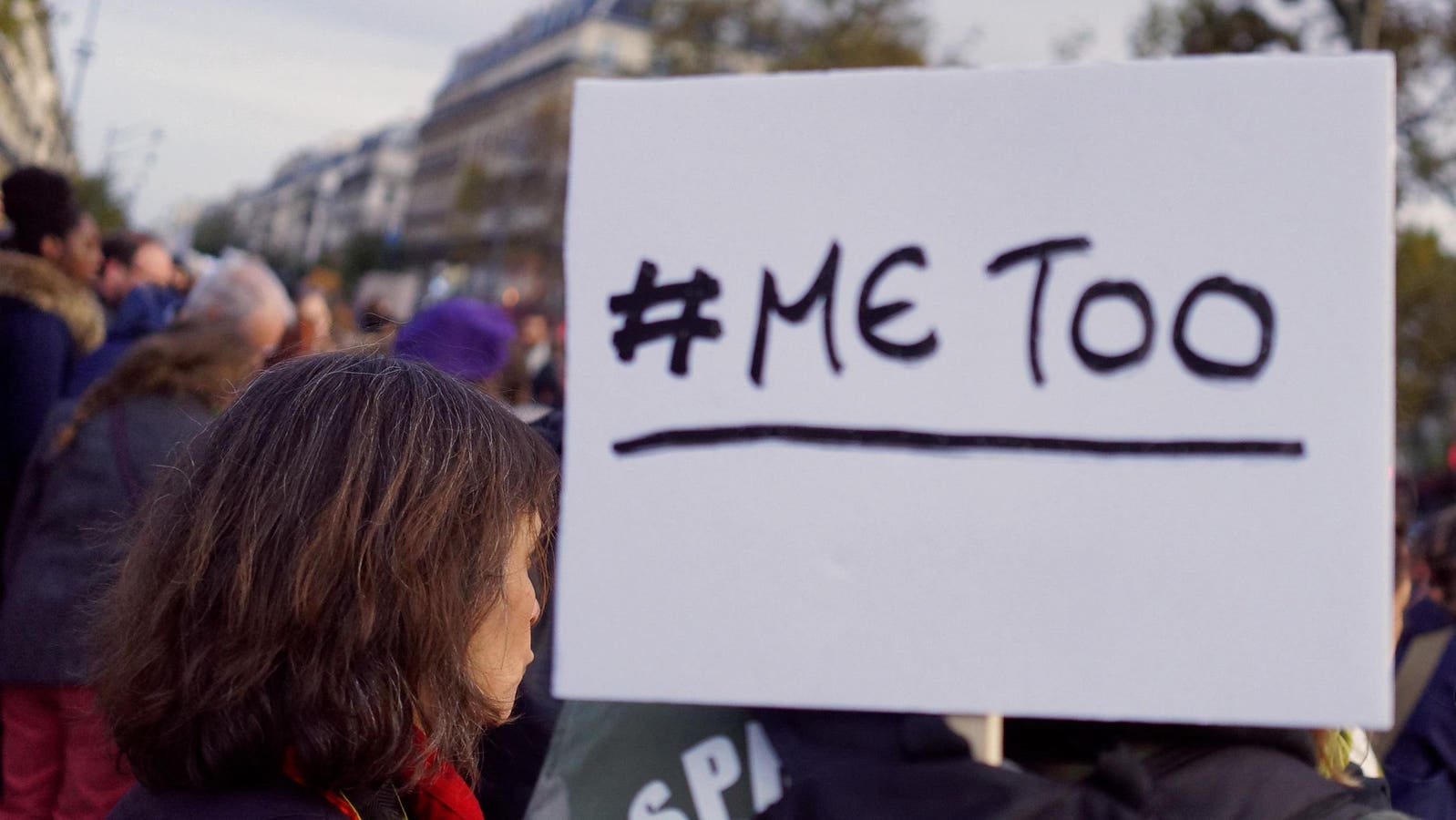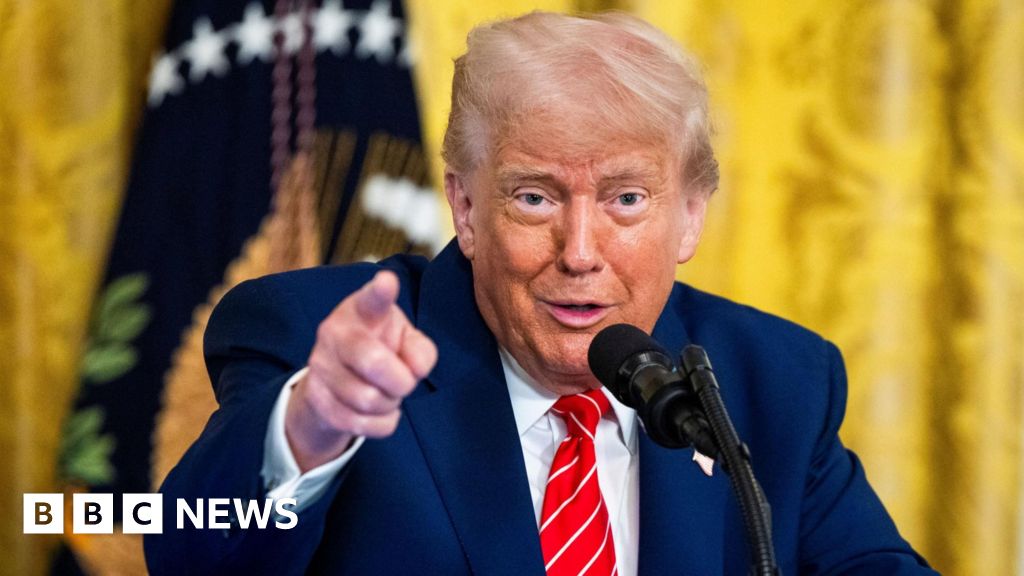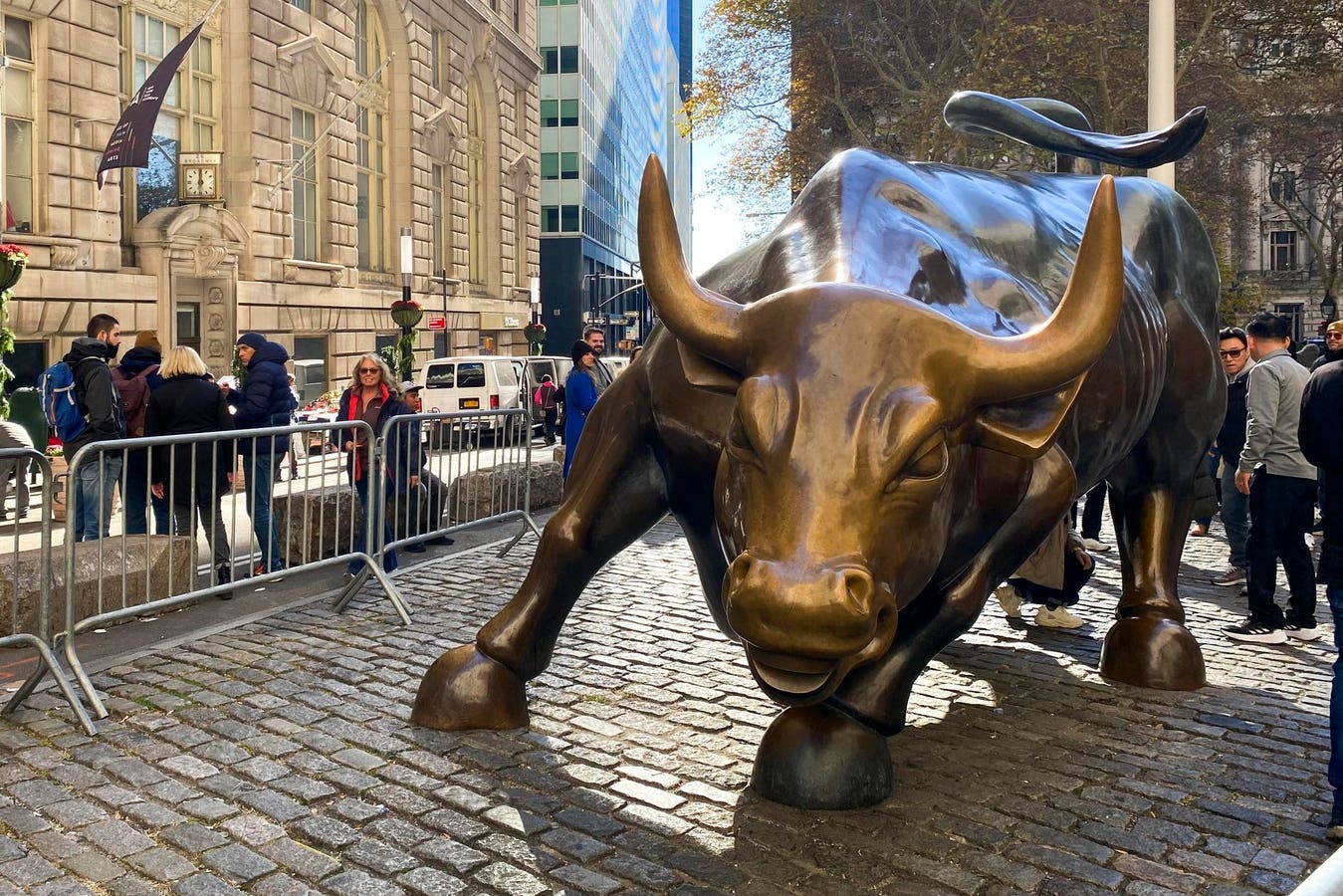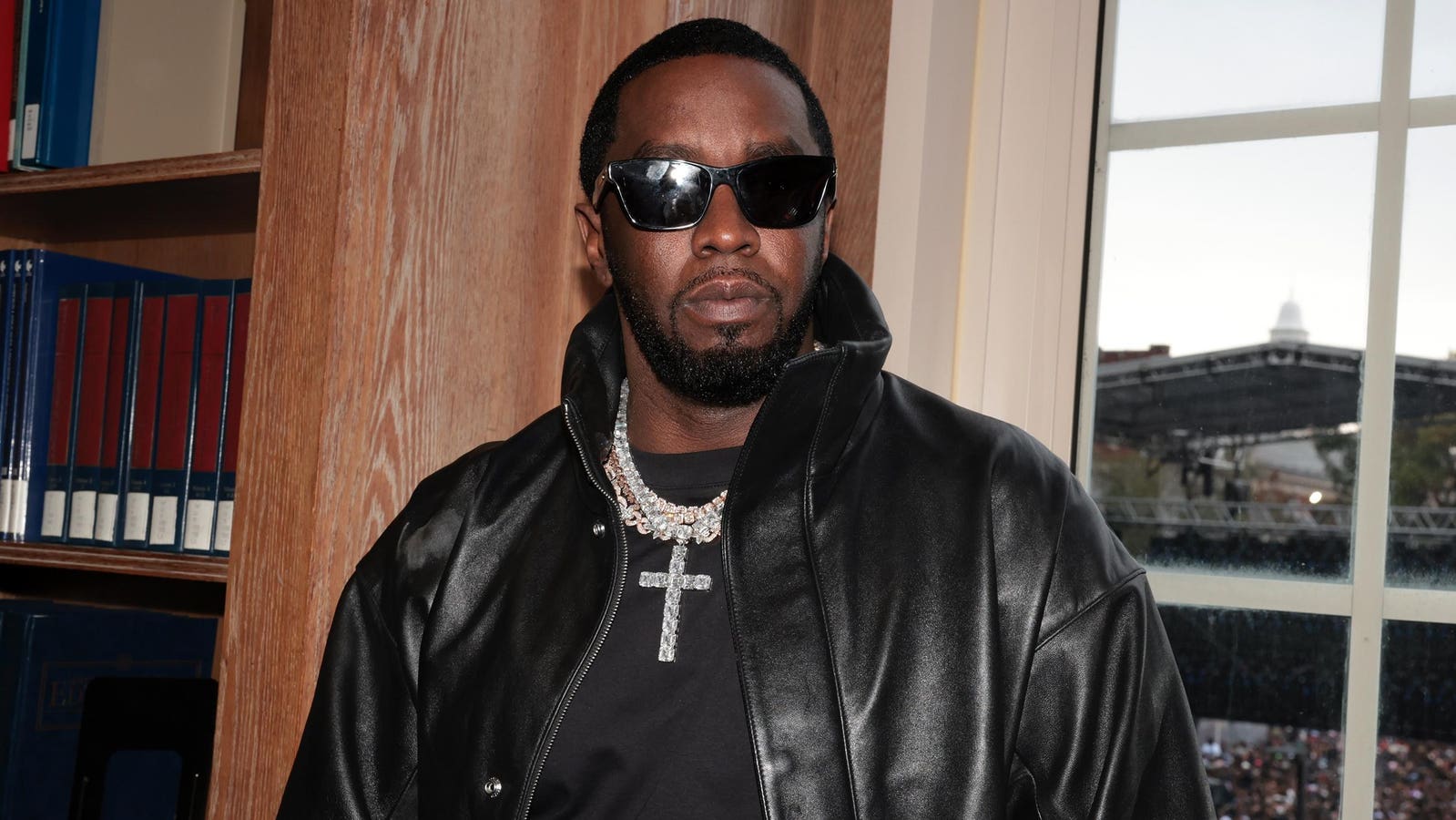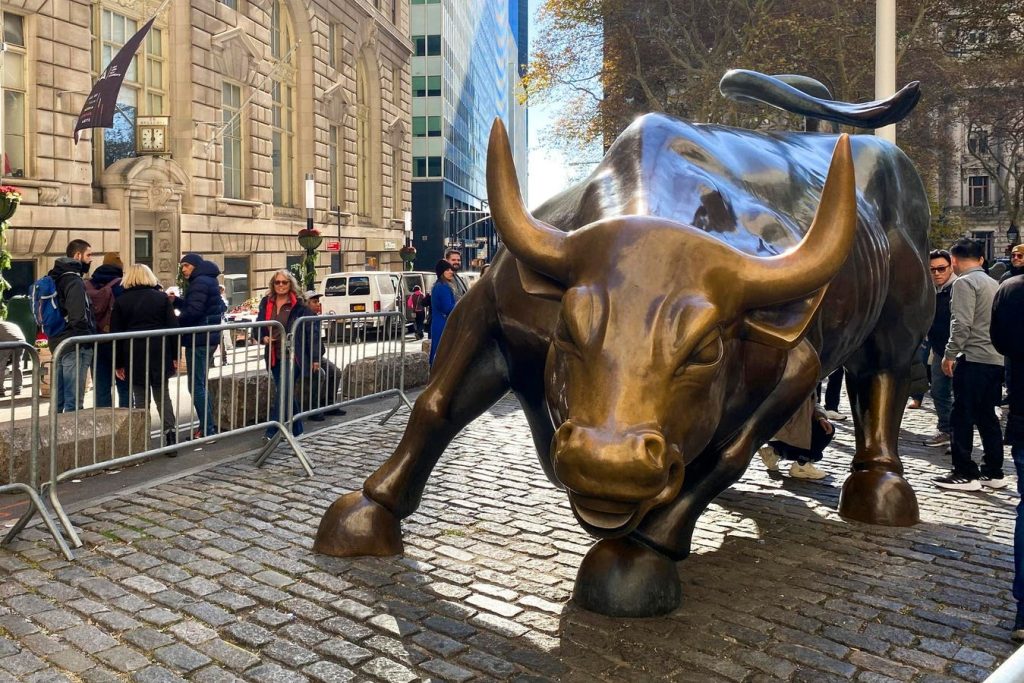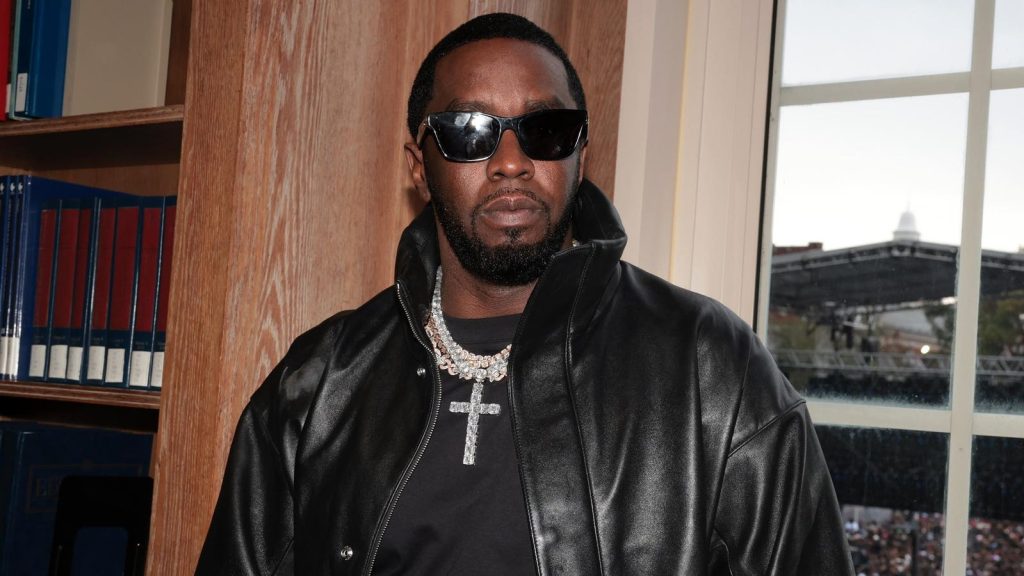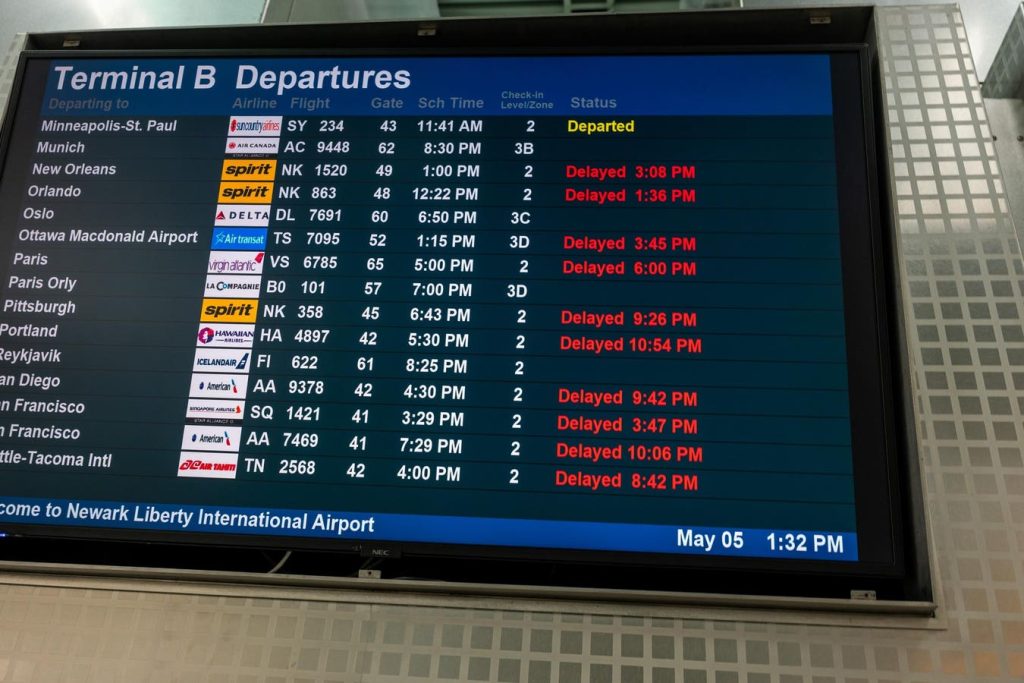Topline
Rates of sexual violence in the United States are roughly the same as immediately after the #MeToo movement that led to the downfall of Harvey Weinstein and a reckoning of powerful figures who’d been accused of abuse, despite the the movement raising awareness of the issues and moving the needle on legislative protections, according to a new study by Tulane University.
A #MeToo sign on display in Paris, France in 2017.
Key Facts
Researchers with Tulane’s Newcomb Institute this year repeated a study Stop Street Harassment carried out in 2018, on the tails of the #MeToo movement’s surge, finding there was no reduction in the lifetime prevalence of sexual harassment and assault in the last six years (many of the same researchers worked on both projects).
Eighty-one percent of women surveyed in 2018 reported having experienced harassment or assault in their lives, compared with 82% in 2024, and the prevalence for men with similar experiences moved from 43% to 42% between the two survey dates among a sample of 3,383 adults.
Not only does there appear to be no change in the lifetime prevalence of sexual harassment and assault for men and women of all ages, but the study also reports an apparent increase in sexual harassment and assault those between 25 and 34 years old have experienced in their lives.
Verbal sexual harassment is the most common form of such behavior, the study showed, with 54% of all people having experienced it at some point, followed by physically aggressive sexual harassment (42% of people), dating coercion and sexual threats (38%) and cyber sexual harassment (24%).
The study also found that sexual harassment is most likely to occur in public spaces and be perpetrated by strangers (73% of women and 24% of men report having been harassed in a public space), while sexual assault occurs most often in private spaces and perpetrators are typically known to victims.
Get Forbes Breaking News Text Alerts: We’re launching text message alerts so you’ll always know the biggest stories shaping the day’s headlines. Text “Alerts” to (201) 335-0739 or sign up here.
Big Number
26%. That’s the percentage of U.S. adults who were sexually harassed or assaulted in the past year, the Tulane study showed, with 32% of women experiencing the abuse, compared to 15% of men.
Crucial Quote
“These results speak to the need for greater work to combat these issues across spheres,” the study reads. “They also suggest that recent improvements in awareness of the concern and legislative protection are insufficient to affect this issue.”
Contra
What has changed since the #MeToo movement, the research shows, is attitudes toward sexual harassment and legislative protection to address sexual harassment and assault in the workplace, the study said. People believe the #MeToo movement improved accountability for those who commit acts of sexual harassment or assault at work, and that women reporting this abuse are more likely to be believed since the start of the campaign, according to research cited in the study. In addition, 25 states have passed more than 80 anti-sexual-harassment bills since the start of #MeToo six years ago, researchers said, most of which focus on workplace sexual harassment by extending protections beyond “severe and pervasive” abuses and extending the statute of limitations, according to the study. Despite the increase in legislative protections, researchers found no significant change in the prevalence of actual instances of such workplace harassment over the same time.
Key Background
The modern #MeToo phrase was popularized in late 2017 by actress Alyssa Milano after sexual abuse allegations against Hollywood film producer Harvey Weinstein broke open. Milano encouraged anyone who’d been sexually harassed or assaulted to share the phrase in an effort to show victims they were not alone, and to shine light on the magnitude of the issue. Big-name stars like Rose McGowan, Gwyneth Paltrow, Angelina Jolie and California First Lady Jennifer Siebel Newsom spoke up about their experiences with Weinstein, and others like America Ferrera, Gabrielle Union and Reese Witherspoon spoke about their abuse experiences at the hands of unnamed assailants. Millions of people ultimately used the phrase and hashtag to tell their stories and today “me too” is a formal organization that works to help victims of abuse and harassment.
Further Reading
ForbesThe #MeToo Movement Six Years Later: What’s Changed And What’s NextBy Holly Corbett
ForbesTackling #MeToo Backlash Is How We Achieve Gender Equality At WorkBy Michelle KingForbesThe Misbehaving CEO: Sexual Harassment Remains A Big Concern For BoardsBy Michael PeregrineForbesCalifornia Now Protects Sexual Assault Survivors From Frivolous Defamation SuitsBy Kim Elsesser

